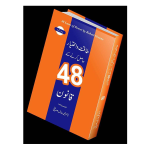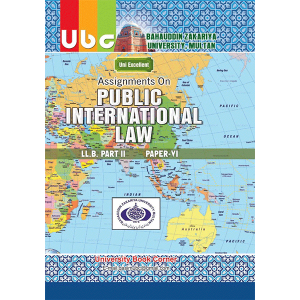Land of Power by Roland Greene
-
Official retailer
-
Quality guaranteed
-
Free delivery from $99
-
Free returns is available
Land of Power by Roland Greene
Land of Power by Roland Greene offers a profound exploration of how power is constructed, performed, and perpetuated across cultures, institutions, and language. Known for his groundbreaking work in literary and cultural theory, Greene invites readers into a nuanced journey through time and geography to understand how authority influences human behavior and intellectual life.
From the Renaissance to the modern world, Land of Power considers how political dominance, spiritual influence, and linguistic control intersect to shape the frameworks of societies. Greene delves into texts, ideologies, and historic movements, showing how power is never static—it evolves with the language and symbols that give it form.
This book is ideal for readers interested in critical theory, political philosophy, history, or literature. Greene’s approach combines academic rigor with accessible narrative, making it suitable for students, researchers, and thoughtful general readers. His interdisciplinary style helps break down complex ideas, making them relevant to modern debates on nationalism, institutional control, identity, and resistance.
Whether you’re analyzing colonial history, cultural hegemony, or the rhetorical tools of authority, Land of Power equips you with the insight to challenge surface-level interpretations and dig deeper into the structures that govern thought and action. It’s a timely and timeless read for anyone invested in understanding how systems of control are maintained—and how they can be disrupted.
✅ Key Features:
-
Written by renowned scholar Roland Greene
-
Analyzes power across history and cultures
-
Focuses on political, cultural, and linguistic authority
-
Engages with Renaissance to modern-day contexts
-
Ideal for students of literature, history, and political theory
-
Explores the role of language in power dynamics
-
Provides interdisciplinary perspectives
-
Accessible to general readers and academics alike
-
Includes critical analysis of historical texts and ideologies
-
Connects theory with contemporary issues
-
Rich in historical references and literary examples
-
Challenges conventional views on power and control
-
Suitable for graduate-level courses and self-study
-
Thought-provoking and intellectually stimulating
-
Highlights the relationship between symbols and dominance
-
Offers global context for understanding local politics
-
Helps readers analyze power in their own environments
-
Well-researched and thoroughly cited
-
Encourages critical thinking and reflective reading
-
Published by a respected academic publisher
-
A must-read for readers interested in social and cultural theory
| Weight | 0.6 kg |
|---|
Vendor Information
- No ratings found yet!












